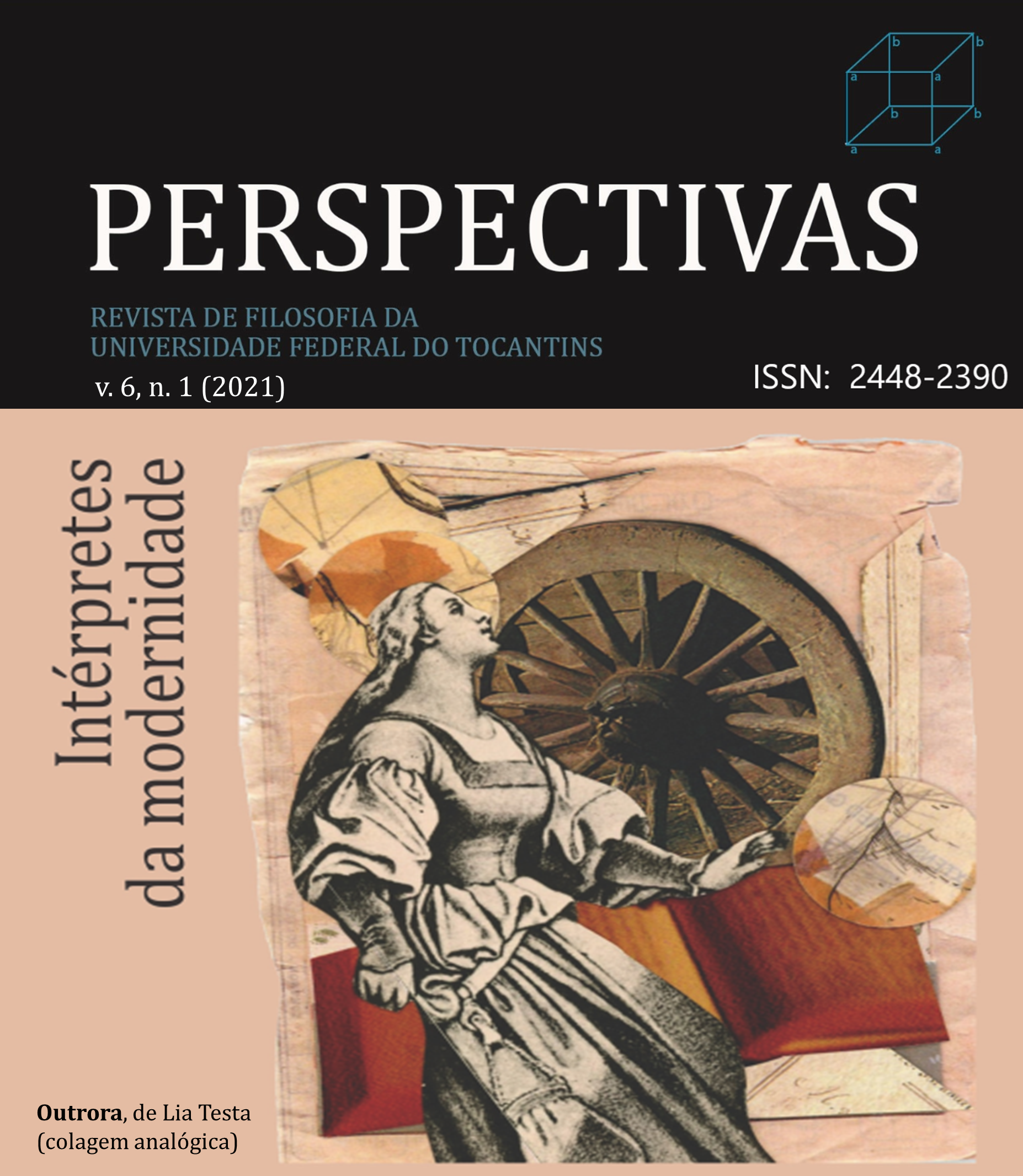Foucault e a atitude de modernidade
exigências para uma educação outra
DOI:
https://doi.org/10.20873/rpv6n1-90Abstract
The following article resorts to the French philosopher Michel Foucault’s interpretation of Modernity as a critical attitude and as a philosophical task to invite us to think another type of Education. This alternative is associated with the project of a formation for emancipation and social justice apart from the entrepeneurshipment of institutions and subjugation of individuals. As a starting point of this philosophical meditation, we turn to the interrogation of this philosopher in pressupposing Modernity to be an attitude and not a time in History. Such interrogation is presented in the text of the conference What is critique?, from 1978, and is what marks the contemporariness of the conception of Modernity elaborated by Immanuel Kant and retrieved by Foucault. This essay is dedicated to aproach Foucault’s conception of critique, as a questioning and confronting strategy regarding the task of thinking present times as a tension, action and transformation of the abuses of government we can find in contemporary society, especially in the field of Education. The hypothesis developed is that the meaning of critique, understood as a capacity to interrogate the relations between power, truth and its effects on subjectivity. In order to do so, critique actualizes itself for Education as well as for the individuals as long as it acts toward the transformation of the institutional relationships with the individuals themselves.
Downloads
Published
How to Cite
Issue
Section
License
The Magazine is under the Creative Commons Attribution 4.0 International Public License (CC BY 4.0), according to which:
1) The authors retain the copyright and grant the journal the right of first publication, with the work simultaneously licensed under the Creative Commons Attribution which allows the sharing of articles published with the recognition of authorship and initial publication in this journal.
2) Authors are authorized to enter into additional contracts separately for distribution of the version of the work published in this journal, as long as there is recognition of authorship and initial publication in Perspectivas.
3) Authors are authorized and encouraged to disseminate published texts with proper references to the journal and its authors.





















